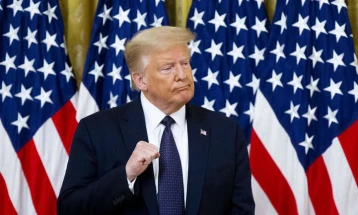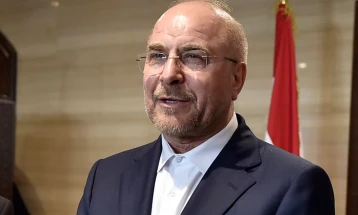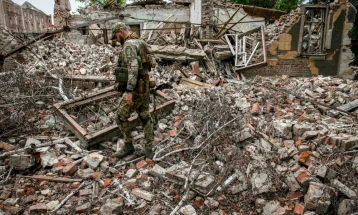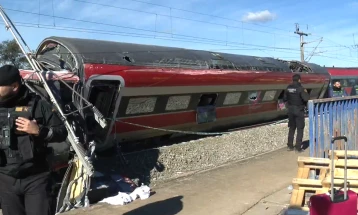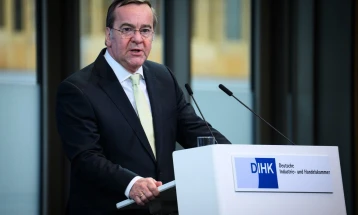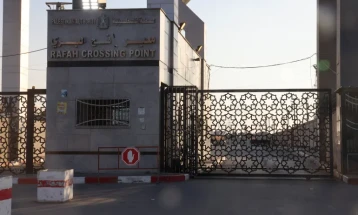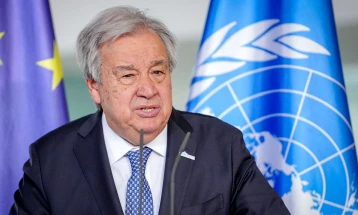Hungary and Poland block planned EU declaration on migration
- Poland and Hungary have blocked a planned declaration on migration policy at a European Union summit in Granada, Spain.
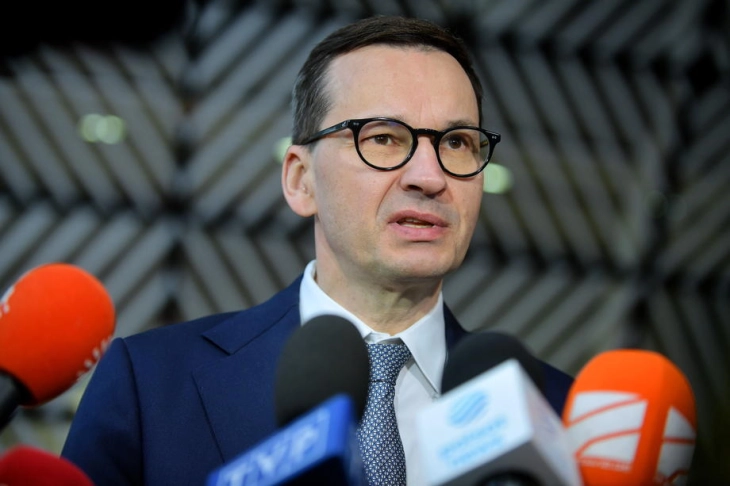
Granada, 6 October 2023 (dpa/MIA) - Poland and Hungary have blocked a planned declaration on migration policy at a European Union summit in Granada, Spain.
It was the second time within a few months that the two countries blocked a joint EU leaders' statement on migration over diverging views.
Friday's largely symbolic declaration fell victim to an ongoing dispute over how to reform the bloc's asylum and migration rules.
Arriving at the meeting, Hungarian Prime Minister Victor Orbán had signalled that he was unwilling to compromise.
He expressed anger that important decisions for the planned far-reaching migration reform package have recently been taken by majority vote against the will of Hungary and Poland.
Orbán insists that these decisions should have been taken by consensus, arguing that his country was "raped legally" in the process.
Polish Prime Minister Mateusz Morawiecki also did not back the declaration, he wrote on Friday on X, formerly known as Twitter.
Hungary and Poland are particularly opposed to plans that migrants arriving in heavily burdened states, such as Italy and Greece, could be moved to other EU states. Countries refusing to accommodate migrants could be forced to make compensation payments.
The blocking of the planned joint declaration on migration has no immediate impact on the ongoing work on the reform package.
Following a decline in migrant arrivals amid the Covid-19 pandemic, there has been a significant surge in migrants arriving in the EU in recent months, exposing unresolved rifts among the bloc's 27 member states.
European Commission President Ursula von der Leyen on Friday however was optimistic that EU countries will be able to finalize migration reform in the coming months. She said she hoped the reform would soon cross the finish line.
Italian Prime Minister Giorgia Meloni talked with German Chancellor Olaf Scholz in private on the sidelines of the summit, after Meloni had expressed surprise over German financial aid for civilian sea rescue organizations for migrants in distress in the Mediterranean.
After the meeting, Scholz stressed that the decision to fund different aid organizations with €2 million ($2.1 million) this year was approved by the German parliament and not by his government.
Another topic on the agenda is enlargement and different ideas for potential reforms to keep the bloc operational should more countries join the 27-member-strong EU.
Following Russia's full-scale invasion of Ukraine, Moldova, Georgia and Ukraine have applied for EU membership, raising the number of countries aspiring to join the bloc to 10.
"The candidate countries, they have reforms to implement, they know what they need to do. And on our side, on the EU side, we need to get prepared," said European Council President Charles Michel.
French President Emmanuel Macron pleaded after the meeting for a new approach to enlargement which would allow it the bloc to admit new countries.
"There is a consensus that we are facing a real geopolitical transformation of our Europe," Macron said.
Admitting less affluent or even war-torn countries to the bloc might also have financial implications. Scholz said the EU has to address these financial questions, as he arrived at the meeting.
EU countries pay into a common budget, some of which is redistributed to benefit economically weaker regions. Currently many eastern and central European countries profit from the system, but could lose their advantages if weaker economies were to join.
"Everyone knows that it cannot remain the case that all countries that receive net payments today can count on this being the case in the future," Scholz said.
"They will have to contribute to financing the economic growth processes in the accession countries," he added.
Farmers across the bloc also receive subsidies from the common budget. Should Ukraine with its big agricultural sector join the bloc, all EU states could be impacted financially.
Scholz also said that more decisions in the bloc would have be taken by voting instead of unanimity, and that the number of EU commissioners and EU lawmakers per country should be discussed.
Photo: MIA archive
